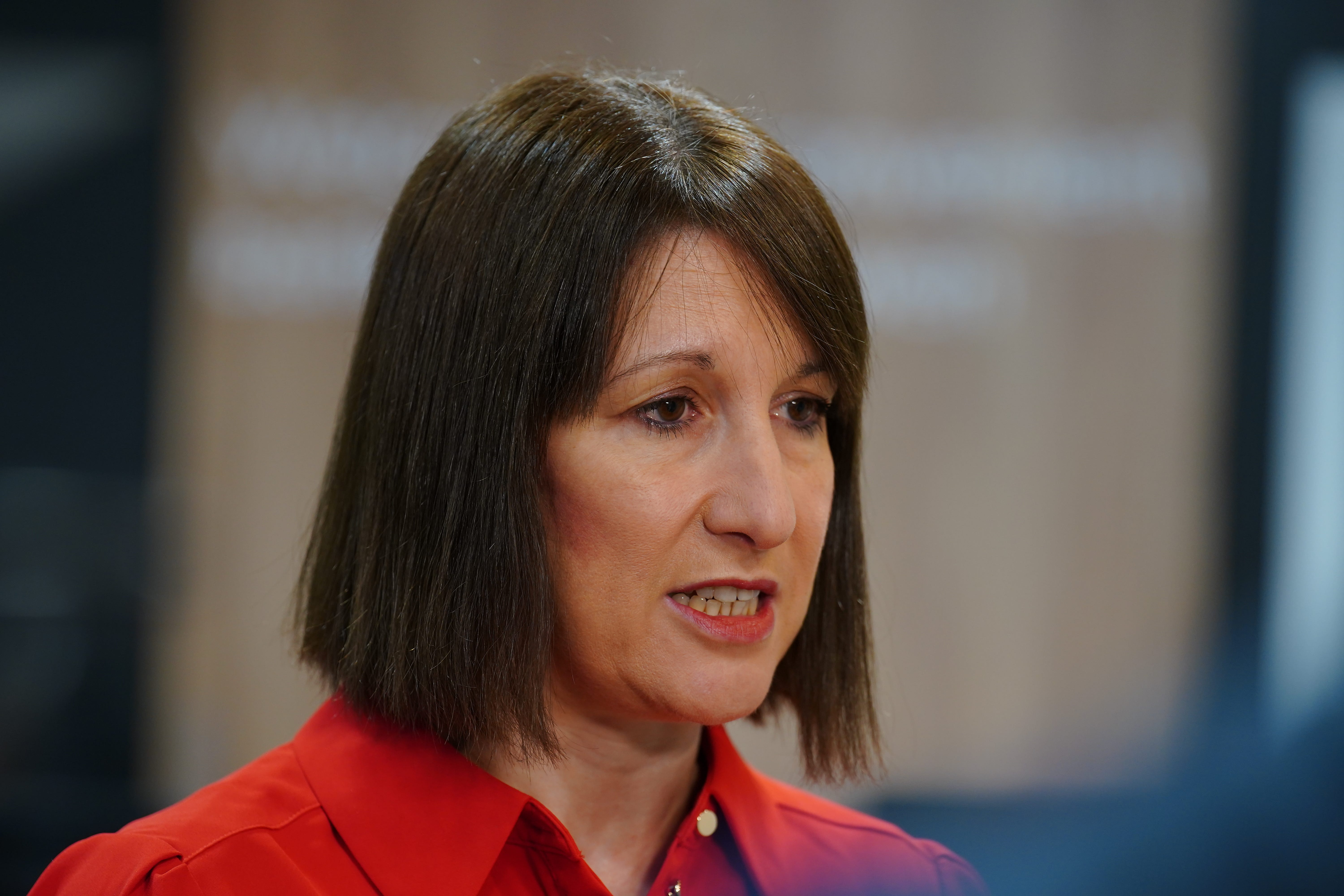Families launch legal action over government’s private school fees VAT raid
The lawyer representing the claimants accused the government of rushing the VAT policy through
Six families have launched a legal challenge against the government’s plan to impose VAT on private schools, claiming it is discriminatory against certain pupils.
The families, supported by the Independent Schools Council (ISC), have filed a High Court judicial review claim – arguing the tax could price them out of private education and into the state sector where their needs cannot be met.
The legal challenge claims the policy is discriminatory because it causes unnecessary harm to certain categories of children. The families are therefore seeking a declaration of incompatibility under section 4 of the Human Rights Act, saying the new tax is incompatible with ECHR rights.

The ISC argues children with special educational needs or disabilities (Send) are “facing real uncertainty; families of vulnerable girls in single-sex schools are confronting painful choices; minority Jewish and Muslim families fear they cannot provide an education for their children that respects their faith; and foreign nationals following the curriculum of their home country have few, if any, alternatives”.
Julie Robinson, the lobby group’s CEO, said: “Throughout the debate over charging VAT on education, we have consistently said that the diversity within independent schools has been ignored by policymakers.
“As a result of the government’s blanket approach, the impact is likely to be felt immediately by many families and children, many of whom have chosen an independent school for reasons including faith, Send support, dual-language learning or single-sex education.
“It is to protect the rights of these families, who are having their choice removed from them by this policy, that we are seeking a declaration of incompatibility.”
Sophie Kemp, head of public law at Kingsley Napley, representing the claimants, accused the government of undue haste in its actions.
“The families are asking for careful and swift scrutiny of the impact of VAT on their lives which they feel has been ignored by the government as it seeks to rush its policy through”, she said.
The defendant of the claim is the chancellor, Rachel Reeves, as the minister responsible for the Treasury.
She has 14 days to submit a defence, with the ISC hoping a judicial review could take place in the first quarter of 2025.
While the legal challenge will not be able to halt the VAT policy in its tracks or reverse it even if successful, it would pile pressure on the government to consider further exemptions.
The government has estimated the tax raid would raise £460m next year, rising to £1.7bn by 2029-30, money which ministers said would be used to fund 6,500 new teachers for state schools.
On average, the Treasury expects private school fees to increase by around 10 per cent as a result of the introduction of VAT, while it predicts that 35,000 pupils will move into UK state schools “in the long-term steady state”.
A further 2,000 children will leave private schools, consisting of international pupils who do not move into the UK state system or domestic pupils who move into homeschooling.
A government spokesperson said: “We do not comment on potential litigation matters.”
Join our commenting forum
Join thought-provoking conversations, follow other Independent readers and see their replies
Comments
Bookmark popover
Removed from bookmarks